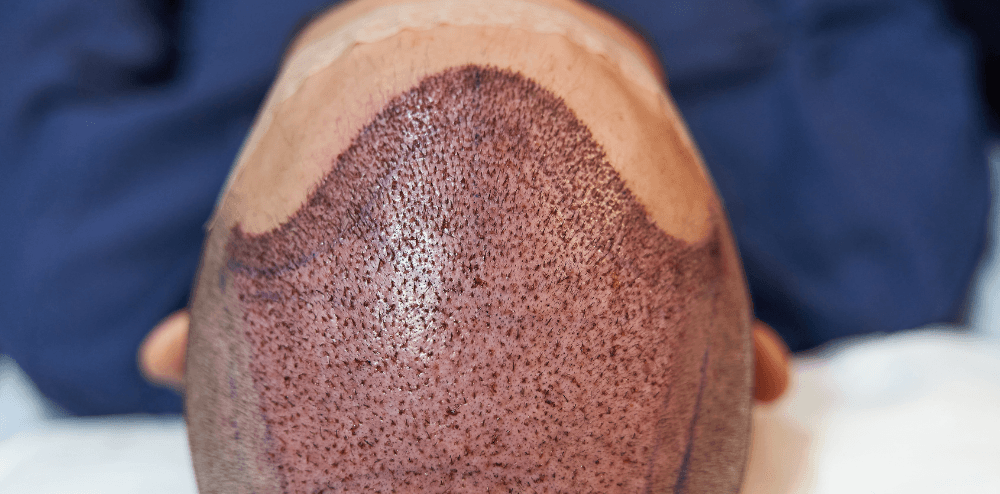Because hormones play such a large part in hair loss, it is essential for individuals who are contemplating hair transplant surgery to have a comprehensive understanding of the ways in which hormonal shifts might influence the outcome of the process. In this article, we will discuss the effect that fluctuations in hormone levels have on hair loss and hair transplants, and we will also offer some advice on how to manage hair loss that is caused by hormones.
Understanding the Relationship Between Hormonal Shifts and Hair Loss
Both men and women might have hair loss as a result of hormonal shifts. Androgenic alopecia, often known as male or female pattern baldness, is the most prevalent type of hair loss and is caused by variations in hormone levels. Male pattern baldness is more common than female pattern baldness. Dihydrotestosterone, often known as DHT, is a hormone that, when present in men, can bind to hair follicles and cause them to shrink, which can eventually lead to hair loss. Changes in hormone levels that occur during menopause are also a potential cause of hair loss in women.
The Effects That Hormonal Shifts Have On Hair Transplants:
Alterations in hormone levels can also have an effect on how well hair transplant surgery works. For instance, if a patient’s hair loss is caused by hormonal fluctuations, such as male or female pattern baldness, the transplanted hair may also be prone to hair loss in the future. This is the case even if the patient has received a hair transplant. In addition, hormonal shifts can have an effect on the hair growth cycle, which in turn can have an effect on how effectively hair transplant surgery works. Before going through with the hair transplant procedure, it is imperative for patients to address any hormonal changes with their hair transplant surgeon.
How to Deal with Hair Loss Caused by Hormones:
There are a few different approaches to treating hair loss that is caused by hormones. Finasteride and minoxidil are two examples of drugs that can help men stop their hair from falling out and even stimulate new hair growth. Hormone replacement treatment, often known as HRT, can be helpful in preventing hair loss in women throughout menopause. In addition, keeping stress levels under control and eating a balanced diet can both assist in the prevention and treatment of hair loss.
Procedures for Hair Transplantation and Hair Loss Caused by Hormones:
It is essential for patients who are contemplating hair transplant surgery to have a conversation with their hair transplant surgeon about any hair loss that may be connected to hormone changes. The surgeon will be able to assist in determining whether or not hair transplant surgery is a practicable choice and will also discuss the possible dangers and benefits of the procedure. In addition, the surgeon may suggest various therapies, such as medication or HRT, to assist manage the hormonal hair loss before or after the operation. These treatments could be used to manage the hair loss.
Conclusion:
Changes in hormone levels can have a substantial effect not just on hair loss but also on how well hair transplant surgery works. Patients should have a discussion with their hair transplant surgeon about any changes in their hormone levels and should be aware of the connection between their hormones and their rate of hair loss. Patients can improve their chances of having successful hair transplant surgery by treating hair loss caused by hormone imbalances and having an open conversation with their surgeon about the potential dangers and advantages of the procedure.







